DHAKA, July 29 (V7N)– Bangladesh and the East African nation of Djibouti are keen to deepen their bilateral cooperation across various sectors. This interest was conveyed during a meeting between non-resident Ambassador of Djibouti to Bangladesh, Isse Abdillahi Assoweh, and Foreign Secretary Asad Alam Siam at the latter’s office this afternoon.
Foreign Secretary Siam extended a warm welcome to Ambassador Assoweh and expressed satisfaction with the existing friendly bilateral relationship between the two countries.
During their discussion, both officials reiterated their commitment to strengthening bilateral ties, specifically by enhancing cooperation in areas such as trade, maritime affairs, shipping, healthcare, pharmaceuticals, people-to-people interactions, and other potential bilateral engagements.
The Foreign Secretary encouraged Ambassador Assoweh to connect with members of Bangladesh's business community and relevant authorities to explore new avenues for collaboration. He particularly advocated for technology transfer, especially in Bangladesh's burgeoning shipbuilding industry.
Ambassador Assoweh acknowledged the proposals and assured the Foreign Secretary that she would convey them to the Romanian authorities. She also noted the request to facilitate visa services for prospective Bangladeshi students and workers through interim consular arrangements.
The Foreign Secretary assured the Ambassador of the Bangladesh government's full support in discharging her duties and responsibilities towards further strengthening bilateral relations during her tenure.
Context of Cooperation:
Djibouti's economy heavily relies on its strategic location at the intersection of the Red Sea and the Gulf of Aden, serving as a vital transit port and international transshipment hub. Its service sector, particularly port activities, dominates its economy. Bangladesh, on the other hand, has a growing shipbuilding industry capable of building small to medium ocean-going vessels, and is a significant exporter of pharmaceuticals. Collaboration in these areas could be mutually beneficial. While Djibouti faces challenges such as limited natural resources, high unemployment, and a developing healthcare sector with limited facilities outside urban areas, it has been actively working on improving its health system and attracting foreign investment. Bangladesh's expertise in healthcare and pharmaceuticals could offer valuable partnership opportunities.



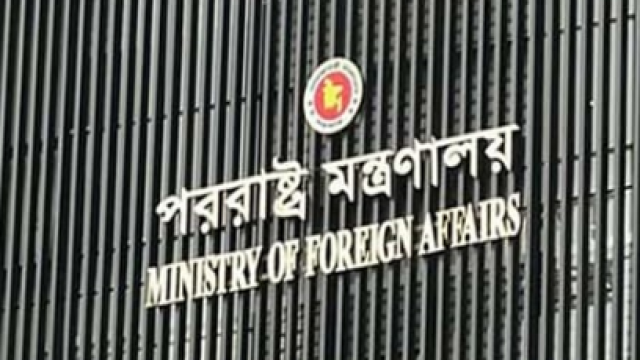

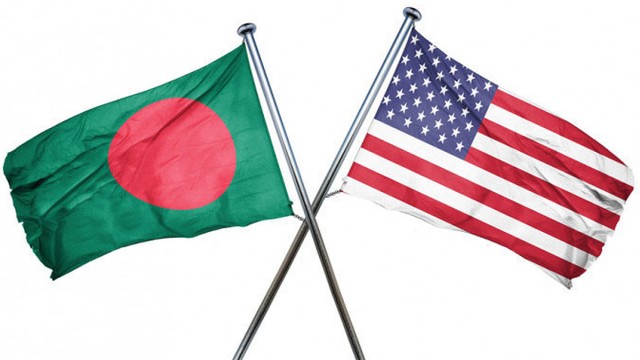
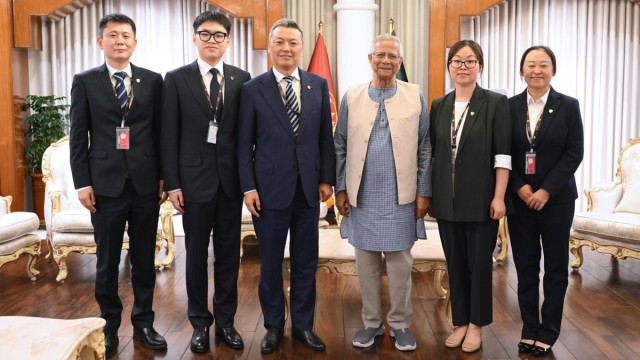
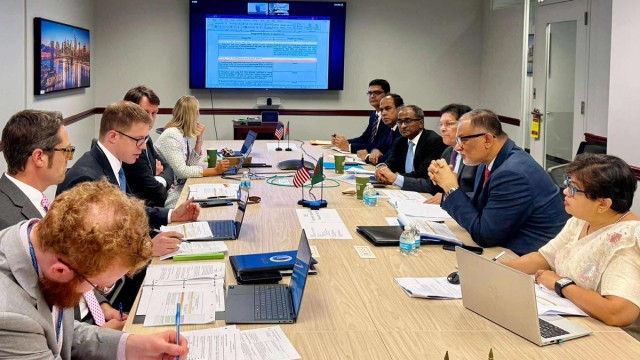
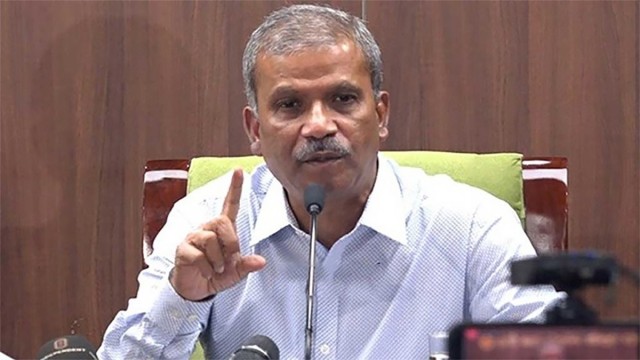

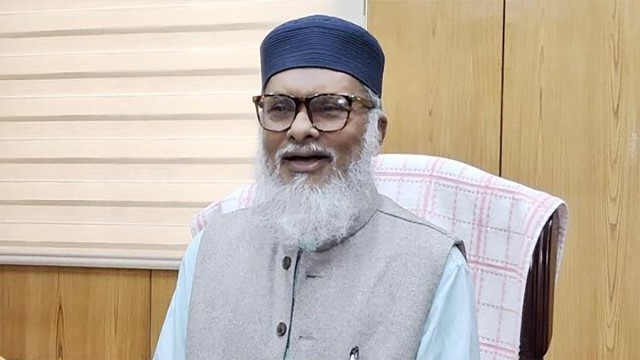


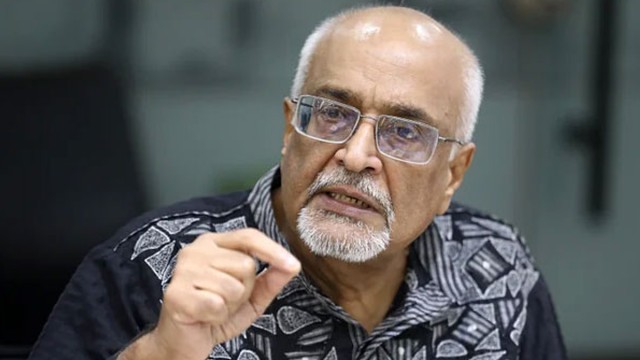


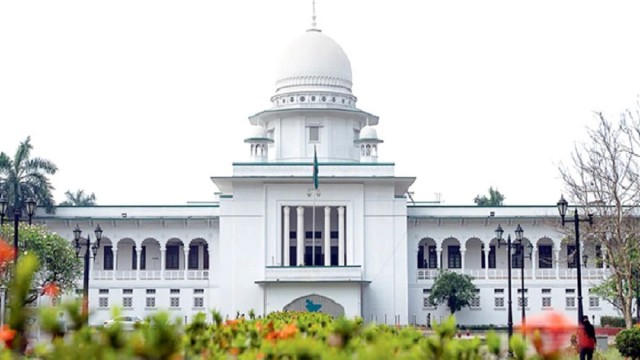





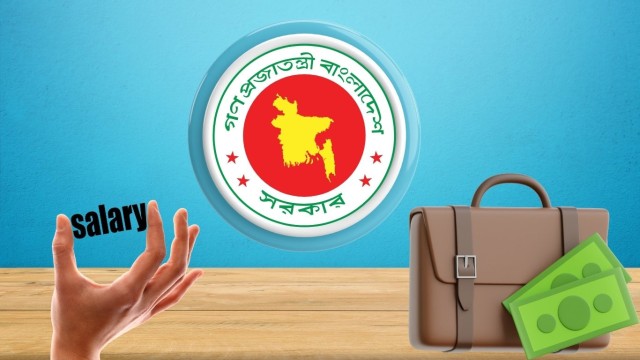
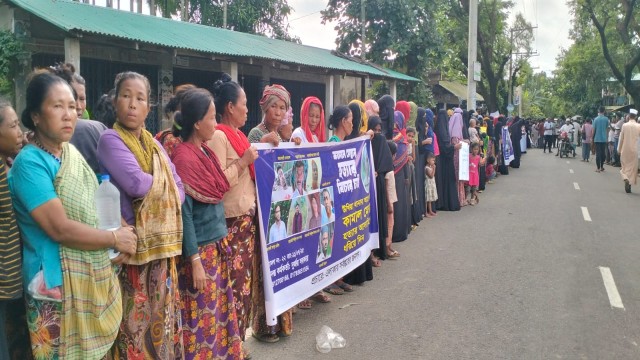


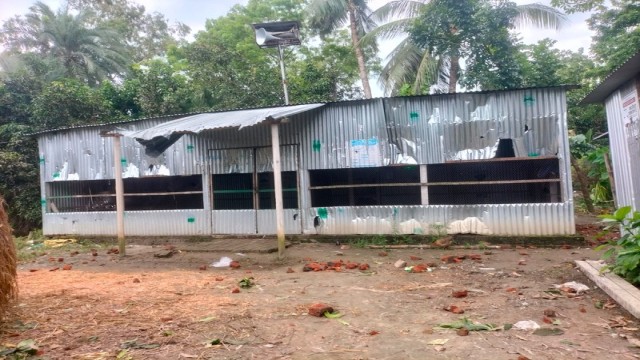

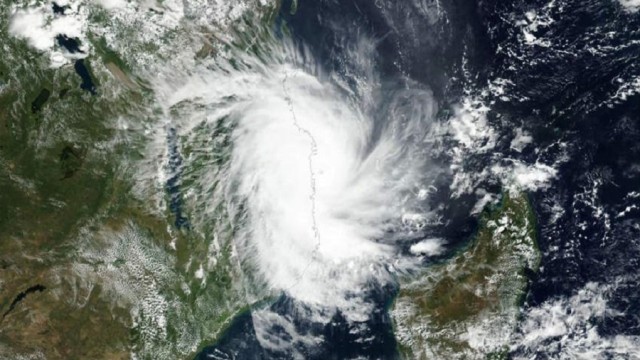
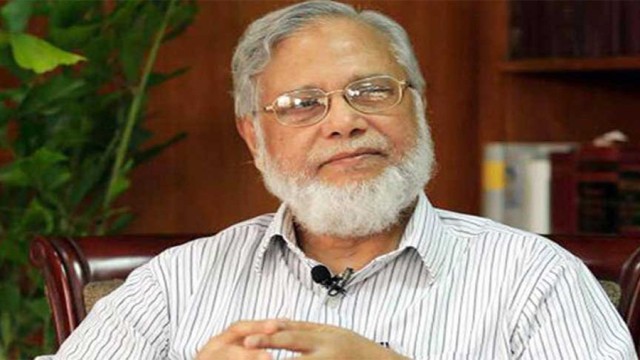
Comment: